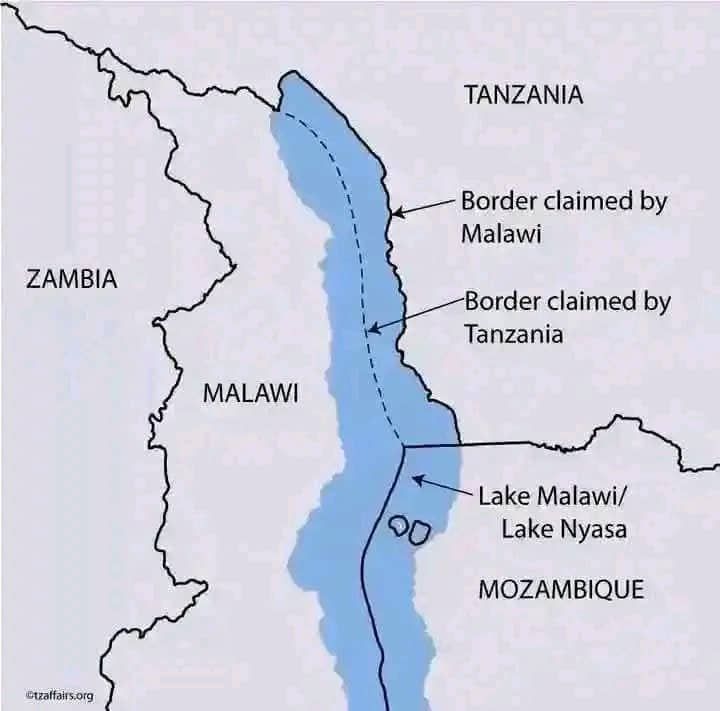By Burnett Munthali
Malawi’s political landscape has been shaped by a series of key figures, each of whom left their mark on the nation’s history. From the rule of Dr. Hastings Kamuzu Banda to the tenure of President Lazarus Chakwera, the country has seen numerous political shifts, challenges, and victories, some of which have altered the course of its development.
Dr. Hastings Kamuzu Banda was Malawi’s first president and a figure who played a critical role in the country’s independence. Known for his autocratic style of governance, Kamuzu was both revered and feared. His reign laid the foundation for Malawi’s political system, but his rule was also marked by suppression of dissent, lack of political freedoms, and limited public participation. Kamuzu ruled with an iron fist, leaving a complex legacy of both development and repression.
In 1994, after Kamuzu Banda’s fall, Bakili Muluzi took over as president, ushering in a new era for Malawi. Muluzi’s tenure marked a departure from authoritarianism to a multi-party democracy. Under his leadership, the country made strides in liberalizing the economy and fostering democratic institutions. However, Muluzi’s presidency also saw the rise of political corruption, which would plague the country for many years.
Bingu wa Mutharika succeeded Muluzi, and his presidency was initially marked by significant economic reforms. Mutharika focused on developing Malawi’s infrastructure and boosting agriculture, and he was initially hailed for his economic achievements. However, as time passed, his administration became increasingly authoritarian, and Mutharika’s relationship with the international community soured. In the later years of his rule, economic mismanagement, political tension, and internal dissent overshadowed his earlier successes, culminating in his sudden death in 2012.

After Bingu’s death, his brother Peter Mutharika took over the presidency in 2014. Like his brother, Peter’s rule has been characterized by political turmoil, allegations of corruption, and increasing authoritarianism. During his time in power, Malawi continued to grapple with economic challenges, including unemployment, inflation, and food insecurity. Mutharika faced significant opposition, but his government managed to maintain control of the country’s political landscape.
In 2020, Lazarus Chakwera, leader of the Malawi Congress Party (MCP), took office as the country’s president following a contentious election that saw his predecessor, Mutharika, accused of election fraud. Chakwera’s arrival was seen by many as the beginning of a new political era, offering hope for reform and a break from the political struggles of the past. However, challenges remain.
One of the most pressing issues under Chakwera’s administration has been the ongoing dispute with neighboring Tanzania over ownership of parts of Lake Malawi. Tanzania’s claim over the lake has caused diplomatic tensions, with Chakwera under pressure to safeguard Malawi’s territorial integrity. Meanwhile, Malawi’s police forces have been busy cracking down on opposition figures, many of whom have been arrested or silenced. These actions have raised concerns about the state of democracy and political freedoms under Chakwera’s government.
In recent months, the Malawi Police Service has been heavily involved in clamping down on anti-government protests and opposition movements. Many activists and political opponents of Chakwera have faced arrest or harassment, with accusations of political oppression mounting. The police’s involvement in suppressing dissent has drawn comparisons to the repressive tactics of previous administrations, reminding citizens of the dark days under Kamuzu Banda’s regime.
On the other hand, the ongoing tensions with Tanzania over Lake Malawi have resulted in a diplomatic stand-off. While Tanzania has taken one side of the dispute, the Malawian government is determined to assert its sovereignty. This struggle for control over the lake’s resources is not just a political issue but also a matter of national pride, with Chakwera under increasing pressure to defend Malawi’s territorial claims.
Malawi’s political journey from Kamuzu Banda to Lazarus Chakwera reflects the country’s struggles with governance, democratic transition, and national unity. Despite significant achievements in political freedom and economic reform, Malawi still faces deep-rooted challenges, from political instability and corruption to territorial disputes with its neighbors. As Chakwera navigates these issues, it remains to be seen whether he can deliver on his promises of reform or whether Malawi will continue to face the same political and economic struggles that have plagued the country for decades.
The story of Malawi’s politics is still being written, and the country stands at a crossroads, with its future uncertain. The hope for change remains, but it will take concerted effort, political will, and genuine reform to steer the nation towards stability and prosperity.


